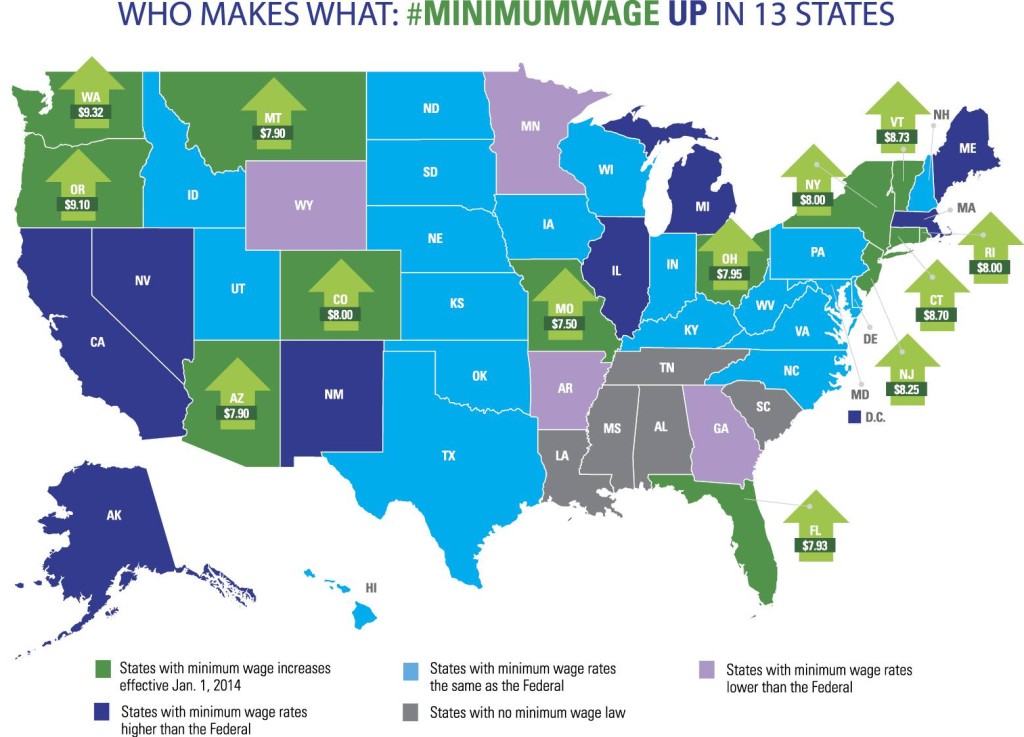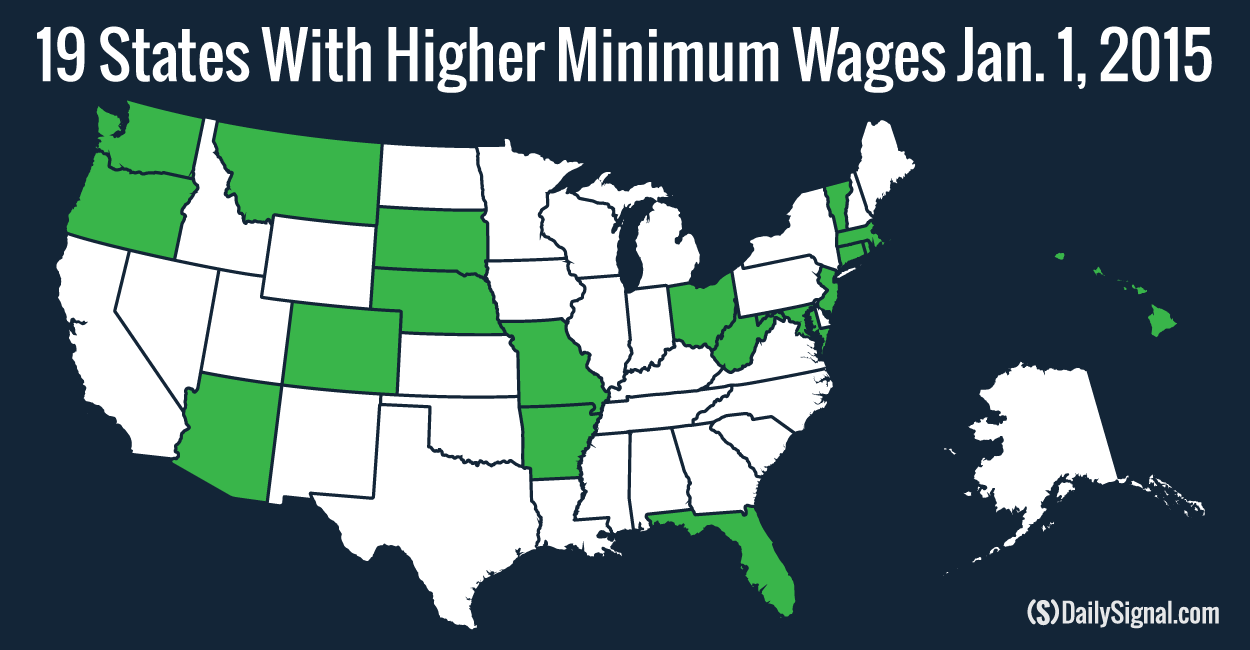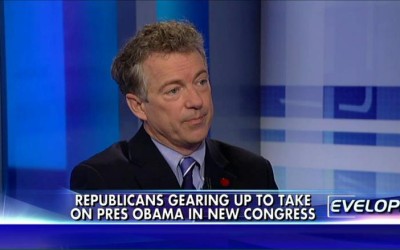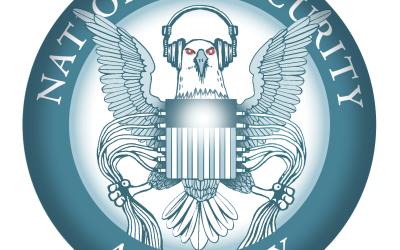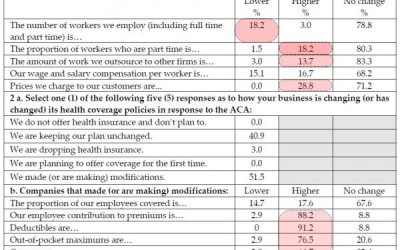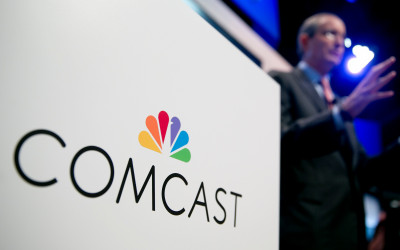As of January 1, 2015, nineteen states have raised their minimum wage.
Here is a map of the states that raised the wages:
Although some may not go into effect until later in the year, it is still important to examine the impacts of a wage hike.
In the business cycle, there is the labor supply-demand curve that typically dictates the wages in a free market. Though America does not incorporate free market economics, this curve still exists, and the artificial boost in wages has a detrimental impact on both businesses and consumers. If a business is desperately in need of workers, its wages will rise; however, if supply is sufficient and demand is weak, wages will trend lower. With the minimum wage hike in nineteen states–Washington state pays the highest at $9.47, but this will only be the top wage until July 1 when the District of Columbia starts to pay $10.50–it seems like consumer prices will start to rise as businesses begin to pay an artificial wage. Here is a picture showing how a $15 minimum wage will affect fast-food prices if implemented:
Not only does an artificially higher wage boost prices but it can also increase layoffs. According to a study from the National Bureau of Economic Research (NBER), “minimum wage increases had significant, negative effects on the employment and income growth of targeted workers.” Another study from the University of California at San Diego (UCSD) found that “after minimum-wage increases, the national employment-to-population ratio decreased by 0.7 percent points between December 2006 and December 2012.” The study also found that minimum wage increases impedes low-skilled workers’ ability to rise to lower-middle class earnings (Zero Hedge.com). It is clear that raising the minimum wage decreases employment and prohibits social mobility.
The increase in the minimum wage may also increase part time jobs. As businesses maneuver to avoid the expense of healthcare specifically with full-time workers, some full-time workers may possibly be demoted so that the business can make up some loss profit from the minimum wage increase. This effect could attribute to an increase in wealth inequality, which is at a very severe level since the Great Depression (Edward N. Wolff, Levy Economics Institute of Bard College).
Imagine if Walmart was required to pay $15 an hour to its employees. This would lead to many layoffs as the company will have a hard time keeping prices low, covering their expenses, and turning a profit.
Some label arguments against the minimum wage as “careless” and “disdainful” of the lower class but relinquishing the minimum wage could actually help others. For one, it could prevent discrimination against minorities. In an interview with John Stossel, Walter Williams, economist and professor at George Mason University, says that the minimum wage “discriminates against low-skilled workers” because if a business is forced to pay a low-skilled worker, who only adds $3.00 an hour to a business, $10.25 (the numbers are hypothetical), fewer businesses will hire low-skilled workers. In fact, Williams interviewed business owners in 1985 concerning the minimum wage, and he found out that some businesses actually hire less people because of it. Williams further stated in his 1985 documentary that “today, in ghettos like [Williams] grew up in, 70% of black children who look for jobs cannot find them.” In 2014, the Bureau of Labor Statistics (BLS) published a report stating that “July unemployment rates were lower than the prior year for young men (15.1 percent), young women (13.4 percent), whites (12.2 percent), and blacks (24.8 percent), while youth jobless rates changed little for Asians (10.9 percent), and Hispanics (16.5 percent).” Although the rates are not nearly as bad as in 1985, the black employment rate is still half that of the white rate. Across the board, however, whites have the highest employment rate among blacks and Hispanics, with an exception for Asians. It seems coincidental that Williams has been noted to say that the minimum wage is “a great tool of racism” after reviewing these statistics.
It is not that those against the minimum wage want to inhibit other’s social mobility; it is that there is an alternative way to promote it, one of which the minimum wage is not part of. Nonetheless, this issue is not as simple as just repealing the minimum wage at once. There are many other issues that have to be dealt with before the country can simply remove it. It seems, however, very clear that the minimum wage, and specifically raises in it, inhibits people’s social mobility, discriminates against race, leads to price increases, and encourages businesses to lay people off.
Link to John Stossel and Walter Williams 2011 interview: https://www.youtube.com/watch?v=85OIBOSJTwg
